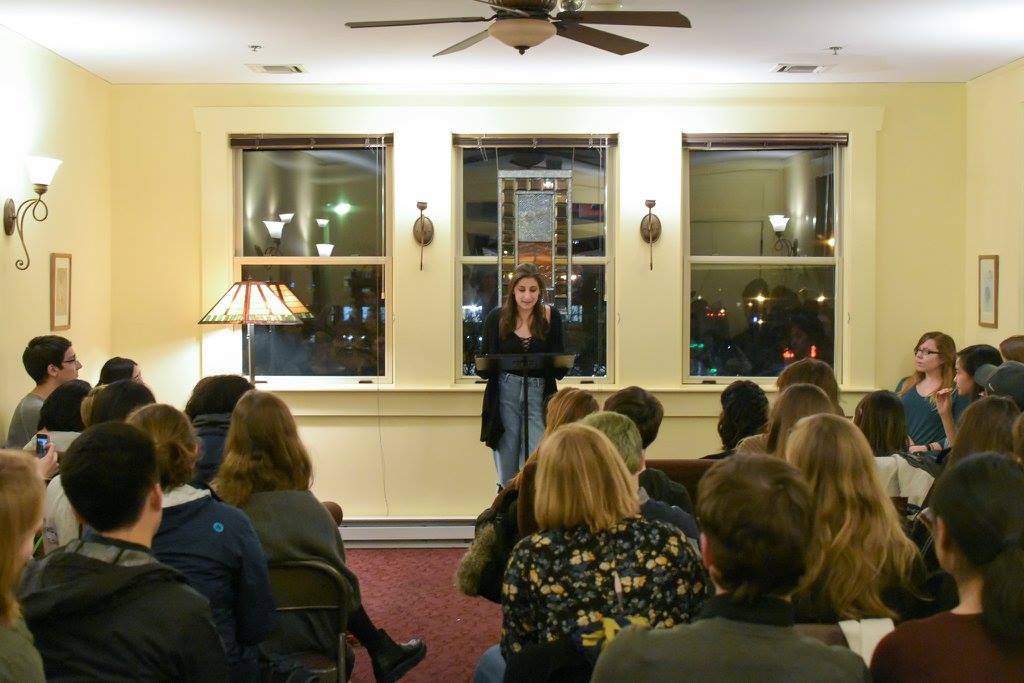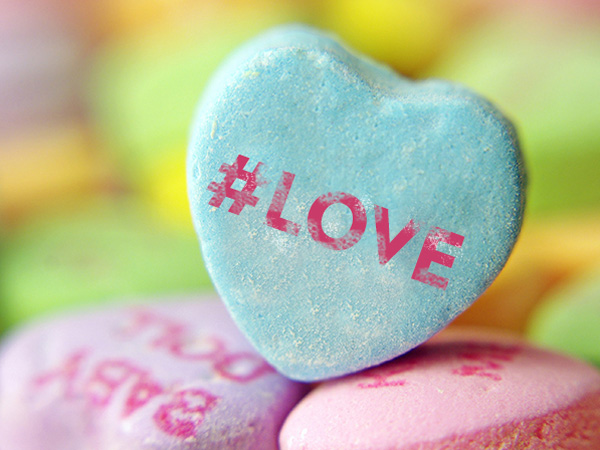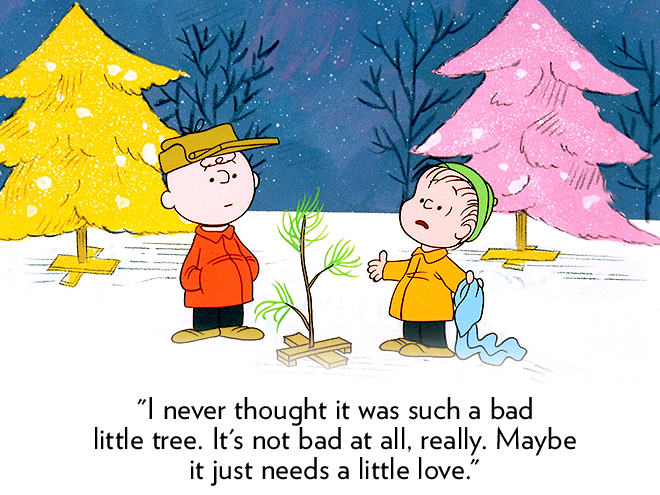In the heat of midterm season, I’m thinking about Elizabeth Bishop’s poem One Art. As I procrastinate and study and go to events and feel the pulse of life racing madly everyday, I think about how I can’t get yesterday back, or the day before that, or today will pass and so will tomorrow. The passage of time feels like a kind of destruction, a loss, a sacrifice that I must helplessly participate in. And Bishop’s poem encapsulates this anxiety so eloquently and ironically in a poem; she writes:
The art of losing isn’t hard to master;
so many things seem filled with the intent
to be lost that their loss is no disaster.
Lose something every day. Accept the fluster
of lost door keys, the hour badly spent.
The art of losing isn’t hard to master.
It sneaks up on you, and it seems very profound in the beginning– initially, I thought the poem what about the burdens of materialism, or the issues with attaching yourself to human or tangible things (“door keys”, your “mother’s watch”, “three loved houses”). However, the poem progressively becomes more obsessive, spiraling into a chaotic frenzy of losing everything, of owning and loving and finding meaning in nothing:
Then practice losing farther, losing faster:
places, and names, and where it was you meant
to travel. None of these will bring disaster.
I lost my mother’s watch. And look! my last, or
next-to-last, of three loved houses went.
The art of losing isn’t hard to master.
I lost two cities, lovely ones. And, vaster,
some realms I owned, two rivers, a continent.
I miss them, but it wasn’t a disaster.
To me, it becomes something of an existentialist plea for meaning– this author is saying, to some degree, whether she knows it or not, Nothing matters. And everything is fine, because nothing matters. And finally, she drops the huge bomb at us in the end, the absolute sarcastic remark that seems to be hiding a deep inner turmoil:
—Even losing you (the joking voice, a gesture
I love) I shan’t have lied. It’s evident
the art of losing’s not too hard to master
though it may look like (Write it!) like disaster.
But this last paragraph reveals her true feelings. Bishop cares about what happens.
The poet can’t really fully will herself to believe that nothing matters because if she did, she wouldn’t be feeling anything– but she does feel something. It doesn’t matter that she uses a “joking voice, a gesture” she loves, or that she painfully admonishes herself to “(Write it!)”– screw that! She cares about what happens, and even if everything in her life is lost, if everything and everyone that she loves is destroyed, she is silently, quietly counteracting that by creating this poem— something she can control. I cannot help but feel like there is particular double weight to the word “art” here– something that helps her lose and destroy, perhaps, but more importantly, helps her create.
In the midst of academic frenzy and the crazy on-goings of everyday life, I’m sometimes forced to forfeit and run on autopilot– wake up, do the stuff, scrabble to bed to get my seven hours, and repeat. But I care about what happens, I put love and passion into the work that I do, and that’s what matters.
This poem is a shout into the void, as all poems are, but beautiful– a declaration that I was here. I existed. And I matter. And perhaps that’s something we need to remember this time of year.
(Read Bishop’s incredible poem here: https://www.poetryfoundation.org/poems/47536/one-art)








